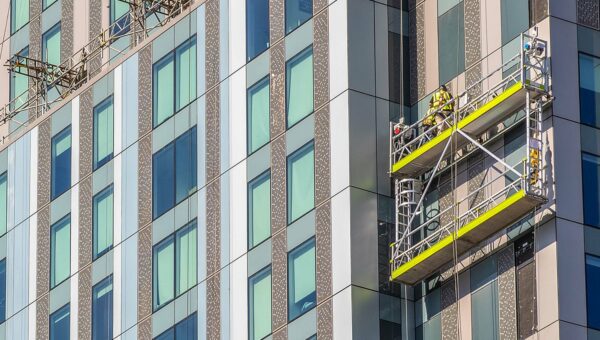
Duration
Half-day

Location
In-house

Availability
Good
Suitable for: All What does this mean?
All the main provisions of Building Safety Act 2022 came into force in October 2023. The new Building Safety Regulator expects full compliance by this date – no excuses. Are you ready? Do you have the following in place?
- The Mandatory Occurrence reporting framework
- The golden thread of information
- The resident engagement strategies
- A bespoke complaints process
- The safety case(s)
Have you got all the information that you must provide to the Building Safety Regulator ready for registration. Are you ready to apply for your Building Assessment Certificate?
And, importantly, do you have the right data and information to provide assurance to your residents, boards and elected members that the buildings that you own and manage are safe?
Alongside this, it’s time to start preparing for the new consumer regulation framework (introduced but the Social Housing (Regulation) Act 2023) which will come into play in April 2024. The new consumer standard on safety will apply to all buildings. What does this mean in practice – what will the Regulator of Social Housing expect?
Remember, the safety of your residents is not determined by the height of the buildings that live in – while there are specific statutory requirements for buildings over 18 meters, raising the standard of safety is fundamental for all your residents. This session will provide a range of good practice for you to adopt across all the homes you own and manage.
-
Read more
The course will cover:
-
- Current regulatory expectations
- Role of boards/ governance
- Compliance under the new regime
- An overview of the:
- Building Safety Act
- Fire Safety Act and revised Fire Safety Order
- Principles of the new building safety regime
- The new Building Safety Regulator
- The role of the Accountable Person/ Principal Accountable Person
- The building safety manager – a good practice approach
- Competencies
- The resident voice – legal requirements
- Developing the safety case/ safety case report
- Mandatory Occurrence Reporting requirements
- The Golden thread
- The regulatory framework for housing (The Social Housing Regulation Act 2023)
- Building Safety TSMs
- Checklist for action.
What will delegates learn?
Delegates will:
-
- Understand the new legislation relating to building and fire safety
- Understand their legal and statutory obligations
- Understand how to manage risk in relation to existing buildings
- Be clear on the role of the Accountable Person
- Understand how to flex a building safety manager role now the statutory obligation has been removed
- Understand the key principles underpinning the Safety Case
- Be able to begin developing a Safety Case
- Be able to begin developing resident engagement
- Understand what good practice looks like in engaging residents on building safety
- Understand and plan for the Social Housing (Regulation) Bill
Who should attend?
This session is relevant for every organisation who wants to put the safety of their residents at the forefront.
It is essential for:
-
- Executive teams and boards who will have the overall accountability under the new regulatory regime
- Compliance, health and safety, asset management and housing management teams
- Front-line housing staff
- Resident engagement teams
-
-
Our trainer
Debbie Larner has worked in the social housing sector for over 30 years within both local authorities and housing associations before moving on to join the professional body – the CIH – where she was Head of Practice. In that time she developed expertise in in a number of areas including housing and asset management, resident engagement, health and safety (specifically building safety post Grenfell). She has also co-led research into the future of social housing, stigma and stereotyping in housing and the role of the housing professional. She has also developed the professional standards for the sector and, as part of this work has a strong interest in how organisations can develop strong values-led cultures, create inclusive behaviours and act as ambassadors for the profession to challenge the stigma and stereotyping in social housing. She is an experienced public speaker, chair and trainer.

We can bring this course to you.
If you have five or more staff interested our
in-house training offers great value for money.
Complete the form below and we’ll be in touch.





